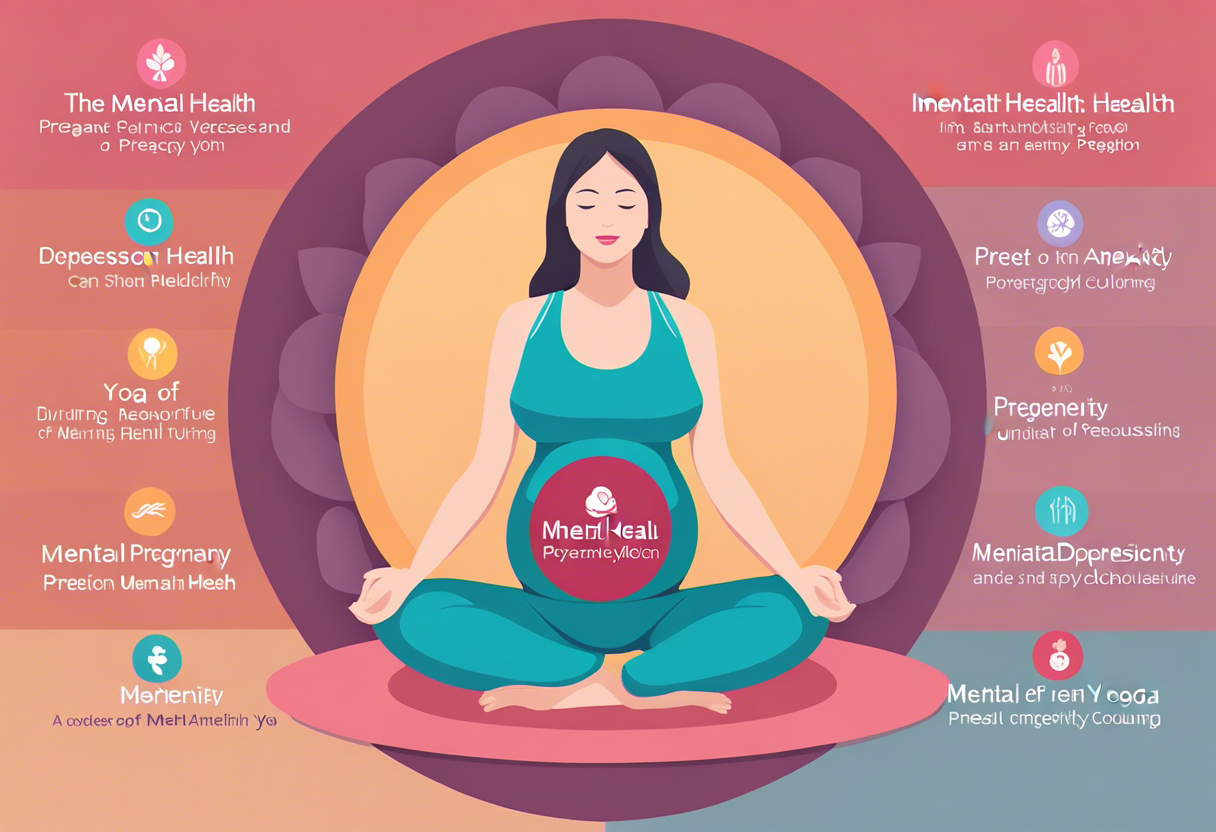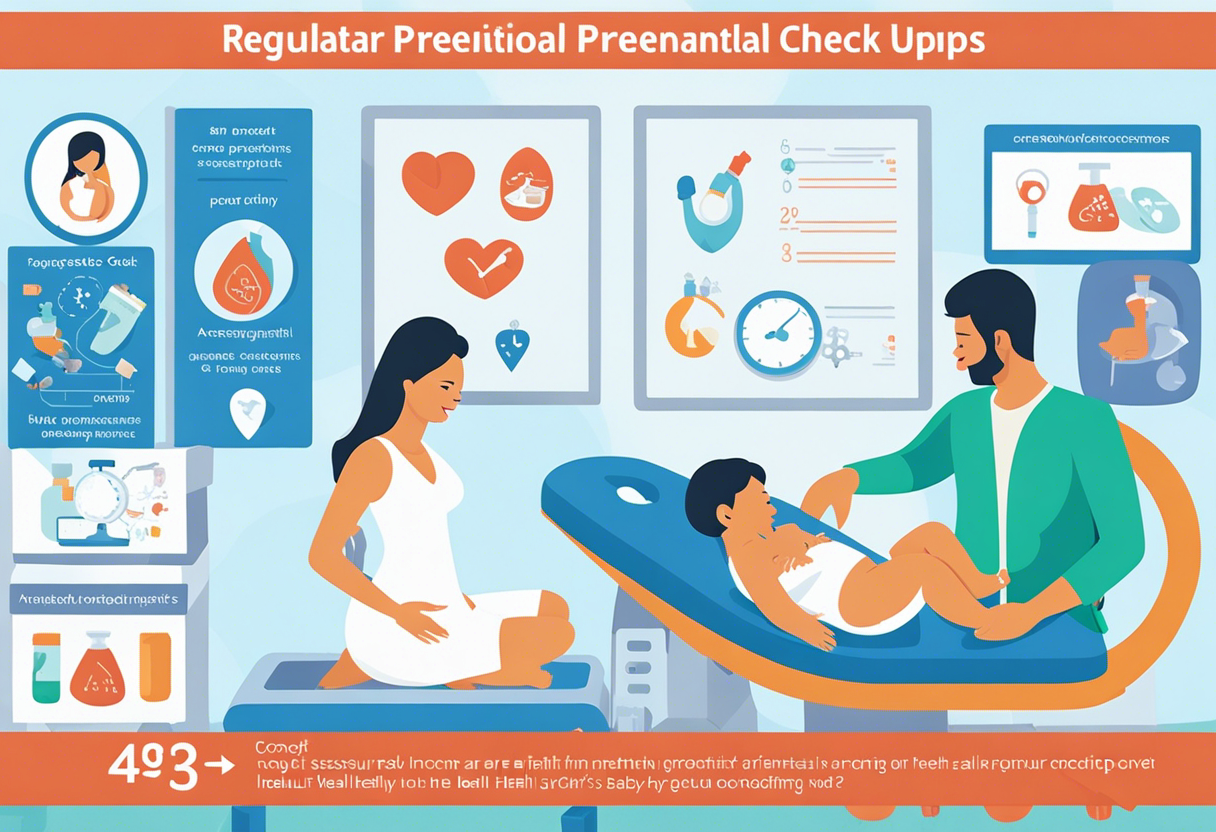Top Five Fascinating Facts Every Expecting Parent Should Know About Perinatal Health
Diet is a significant determinant of perinatal health outcomes, and adequate nutrition is crucial for optimal fetal development. Here, we delve into the fascinating world of perinatal nutrition and how it impacts both mother and child.
First, expecting parents must be aware that nutritional needs change during pregnancy. The American College of Obstetricians and Gynecologists recommends a diet high in fruits, vegetables, whole grains, and lean proteins. Omega-3 fatty acids are vital for brain development, which necessitates the inclusion of fish or fish oil supplements.
Interestingly, the need for certain micronutrients, like iron and folic acid, increases during pregnancy. Iron deficiency can lead to preterm delivery or low birth weight, while folic acid deficiency can result in neural tube defects. Thus, a prenatal vitamin supplement is often necessary.
In contrast, foods like undercooked meat, raw eggs, unpasteurized milk products, and high-mercury fish should be avoided due to the risk of foodborne illnesses or heavy metal toxicity, which could have adverse effects on the fetus.
The Importance of Mental Health

Mental health is as important as physical health during pregnancy. Experiencing considerable emotional stress during pregnancy can have harmful effects on both mother and baby.
Depression and anxiety during pregnancy can lead to decreased appetite, poor nutrition, and a higher risk of preterm delivery. It's vital, therefore, for expecting mothers to reach out for mental health support if needed.
Furthermore, positive emotional health during pregnancy has been linked to improved fetal development outcomes. Activities such as prenatal yoga, meditation, and psychological counseling can enhance maternal mental health, creating a more conducive environment for fetal development.
Regular Prenatal Check-ups are Vital

Regular prenatal check-ups are significant to monitor both the mother's and baby's health. These routine visits allow healthcare providers to detect any potential problems early and take the necessary steps to ensure the best outcome.
Blood tests and ultrasound scans are typically conducted during such visits. These help in assessing the baby's growth, development, and positioning, besides allowing regular monitoring of the mother's health.
Moreover, prenatal visits are a valuable opportunity for expecting parents to discuss concerns, learn about what to expect during labor and understand more about parenting and childcare after birth.